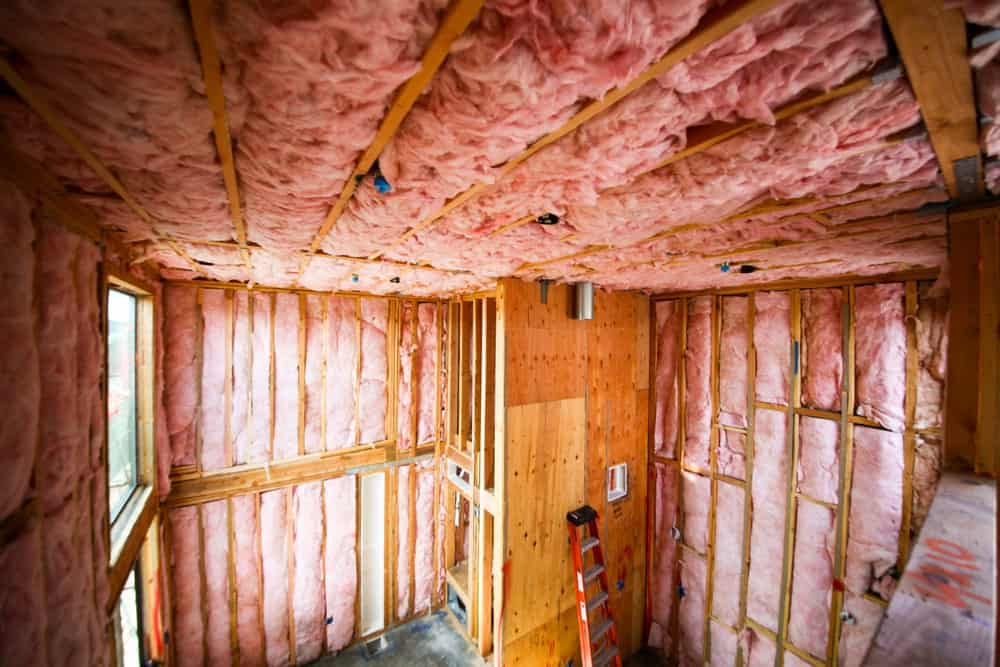Interior Insulation

Interior Isulation
Insulation is an essential component in regulating temperature and sound in buildings. Our interior insulation service includes the installation of various insulation types tailored to meet your building’s specific needs.
Interior Insulation Services
+ Thermal Insulation
+ Acoustic Insulation
+ Poly Spray Insulation
+ Blow-In Insulation
Service Details
Thermal Insulation: This insulation type helps regulate temperature and reduce energy costs. We install thermal insulation in walls and ceilings to improve energy efficiency and create a comfortable indoor environment.
Acoustic Insulation: Sound transmission can be a nuisance, especially in shared spaces like apartments or offices. We install acoustic insulation in walls and ceilings to minimize sound transmission between rooms and buildings.
Poly Spray Insulation: Poly spray insulation is a cost-effective and eco-friendly option used to fill cavities and gaps in walls and ceilings. We use polyurethane foam spray to seal gaps, creating airtight barriers that improve energy efficiency and sound insulation.
Blow-In Insulation: This insulation type is used to insulate hard-to-reach areas like attic spaces and crawlspaces. We use specialized equipment to blow in cellulose or fiberglass insulation, creating a uniform layer that provides optimal insulation.
Founder & Head of School
Magna et nibh quam eu at viverra ut hac faucibus sed cras.
Felis mauris quisque scelerisque ac et, porta sit placerat pharetra, ac sodales vel vitae tincidunt mauris arcu placerat mi quis lorem orci, parturient rutrum.

Tortor platea nunc lorem morbi pellentesque sed enim viverra venenatis, sem pellentesque massa nunc quis lectus.

Frequently Asked Questions
Interior insulation is the process of adding insulating materials to the inside of a building’s walls, ceilings, or floors to enhance thermal performance and energy efficiency.
Interior insulation can improve energy efficiency, reduce heating and cooling costs, enhance comfort, and provide soundproofing benefits. It is often used in retrofitting older buildings that lack adequate insulation.
Common insulation materials for interior insulation include fiberglass batts, rigid foam boards, spray foam, and mineral wool. The choice of material depends on factors like R-value requirements, budget, and space constraints.
Yes, interior insulation can help reduce noise transmission between rooms and from external sources. Thicker and denser insulation materials, such as mineral wool, are particularly effective for soundproofing.
Quality
The quality of service is paramount. It encompass the delivery of a service
Satisfaction
Ensuring customer satisfaction is vital for any service-oriented business
Effectiveness
Efficient and effective service delivery is important for both the service provider
Experience
The overall customer experience, often referred to as the customer journey,
